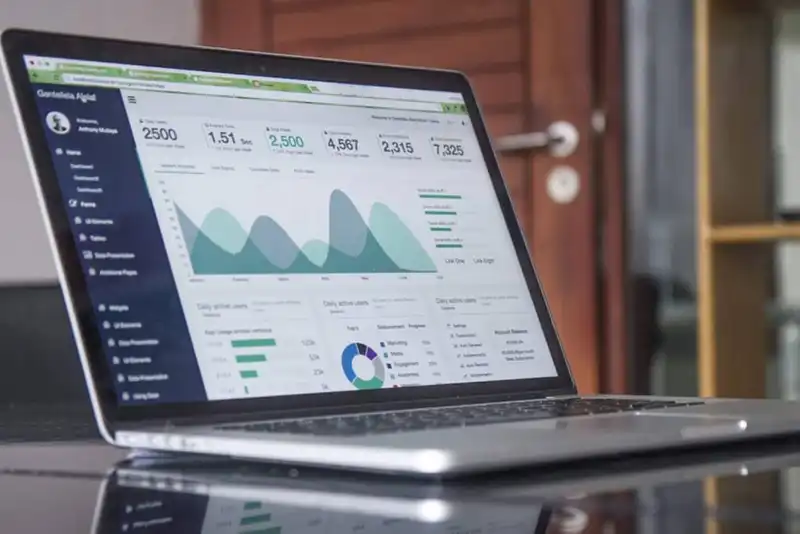What Is A Business Model? All of Your Questions Answered
There is no doubt that launching and/or operating a business can be a truly memorable experience.
However, without proper planning and management, it becomes considerably more difficult to succeed in today's business environment. This is exactly why it's crucial for both startup companies, as well as existing businesses, to have a thorough understanding of their business models.
Essentially, having a firm understanding of business models helps new entrepreneurs, as well as experienced business owners, make better, more educated decisions on how to currently run the business, as well as operate into the future.
A well thought out model drives profits, reduces expenditures on resources, and improves the longevity of a business's sustainability.
Defining Business Models

A business model is basically the main rationale or idea behind how a company plans to capture, create, and deliver value to an audience from both a social and economic standpoint.
Although a business model can be complex and in-depth, it typically only needs to identify the products and/or services it plans on offer, its intended target market, and any expenses it might face in the future.
Essentially, while a company's business plan is a much broader overview of its operations, its business model directly reflects how they plan to operate profitably.
The process of building, monitoring, and modifying a business model over time is often referred to as business model innovation and in today's modern business environment, forms a critical component of any successful business's overall strategy.
The Importance of a Business Model
Business models are important for both new and established businesses.
For instance, newer startups can use their business model to help acquire funding from investors, find and recruit employees or partners, to keep current personnel motivated, and increase overall sales.
On the other hand, an established business benefits from regularly re-evaluating their models, which will help them identify and anticipate trends, and improve their overall success.
Additionally, whether a business is new or fully established, having a firm understanding of its business models is crucial when approaching investors or financial institutions for funding.
Different Types of Business Models
It is important to understand that there are different types of business models and that there is no one-size-fits-all solution that is best for every type of organization out there.
It is also important to understand that some businesses might have a hybrid business model, which may allow for the offering of a broader range of products and services. For example, a retail store might also include eCommerce as part of its business model, if they wish to sell their merchandise in-person, as well as online.
A few common models include, but are not limited to-
- Manufacturing
- Distributing
- Retail
- Advertising-based
- Direct sales
- Franchising
- eCommerce
- Affiliate sales
- Dropshipping
Understanding Different Models of Business

One of the most important aspects of any successful business model is the its unique selling points, and value proposition.
Basically, these are a description of what a business is offering, and why its products or services are in demand. Which, ideally, should always be different from what other similar competing businesses are using as their value propositions.
One other thing that virtually all successful business models have in common is that they all identify and fulfill a common consumer need, at both a competitive, and still profitable cost.
But again, no two business models are the same.
Therefore, a new business' model would include information related to startup expenses and funding, its target market and marketing strategy, a competitive analysis, as well as financial forecasts. Whereas an established business would not need to include the same information.
Regardless, over time, every business needs to occasionally evaluate its model to reflect the ever-changing market conditions, such as supply and demand.
Business Model Examples
To better illustrate a business model in action, consider the following scenario where two competing retailers sell designer jeans from brick-and-mortar storefronts with similar profit margins.
As time goes by, market condition change, and both companies begin to see their profits decline.
When Company A notices a decrease in its profit, they re-evaluate their, business model and decide to start selling its jeans online, instead of in-store. In turn, this affects their existing business model in a positive manner, increasing its profit margin, since its operating costs were significantly reduced, without affecting the cost of the products they sell.
Basically, Company A does not even need to increase its sales, and it's still able to increase profitability by simply re-evaluating and modifying its existing business model.
On the other hand, Company B does not re-evaluate or update its business model to sell online, leaving them stuck with a much higher operating cost, and a lower gross profit margin.








